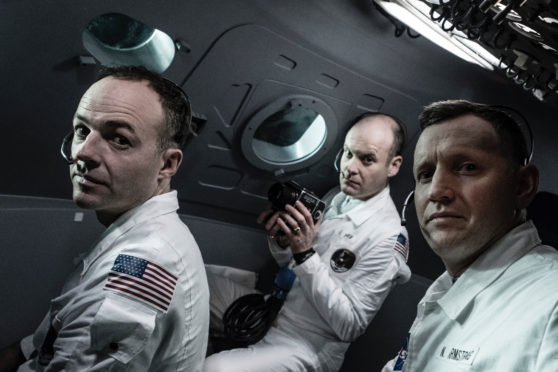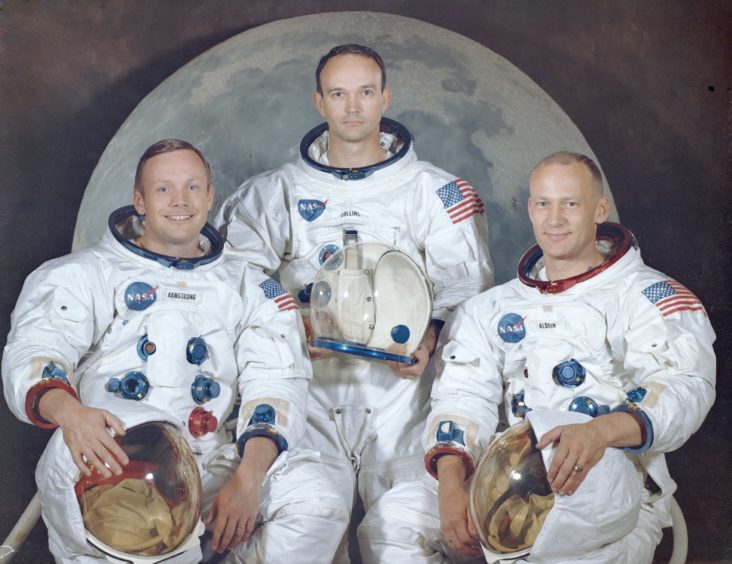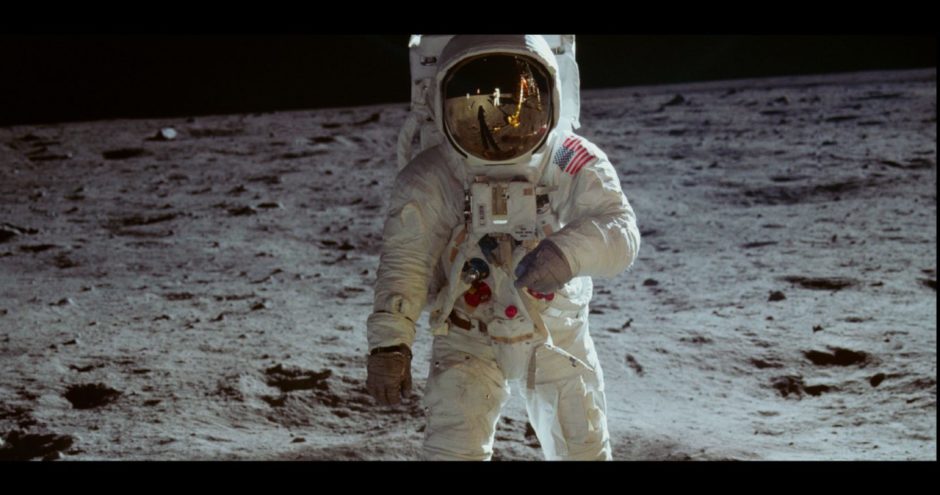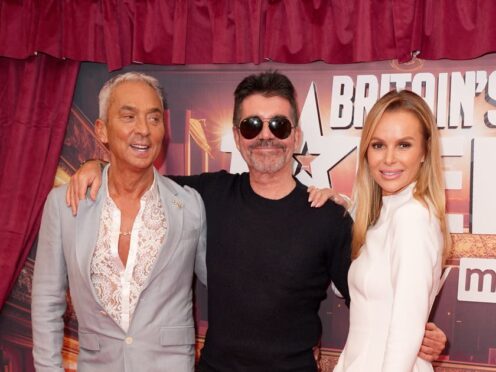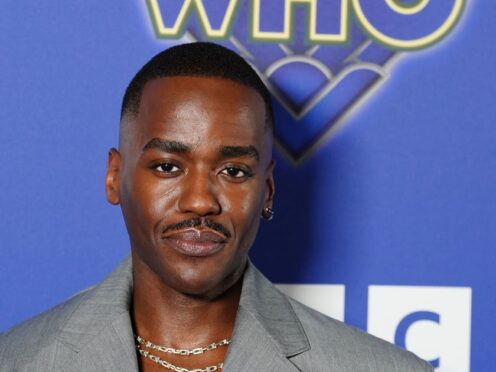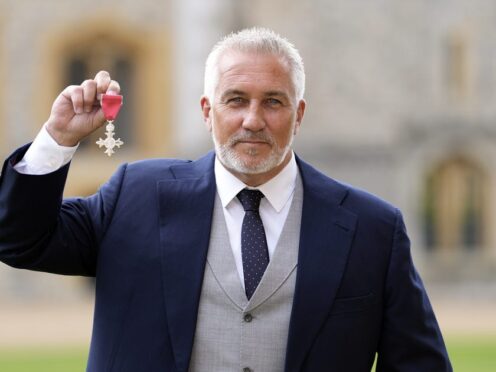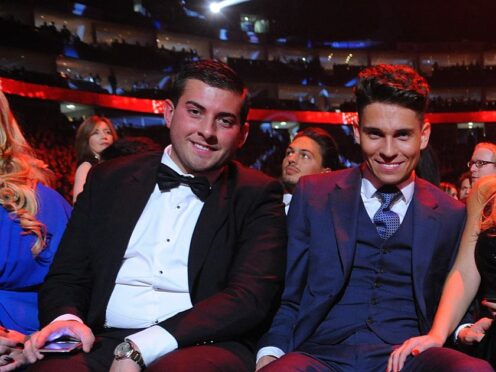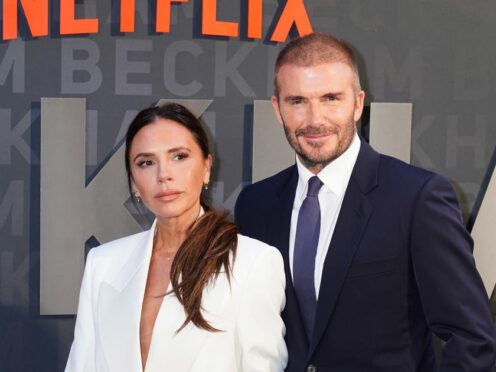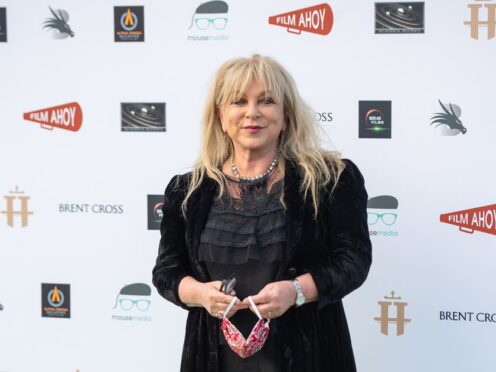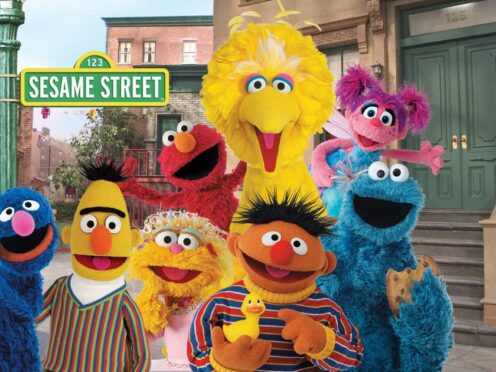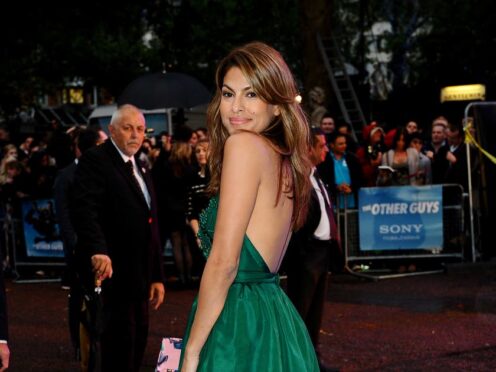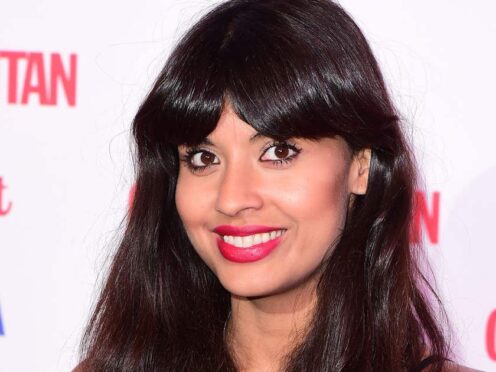Rebecca voyages into the land of film, but it’s perhaps not as extraordinary a feat as the achievement of the crew of Apollo 11.
How often in our lifetimes do we see mankind at its finest? In recent times we’ve seen humanity go above and beyond itself – when the Chilean miners needed rescued in 2010 and the young children and their football coach saved from a Thai cave after a week last summer.
But one amazing feat we celebrated last week, perhaps greater than many of the others, was the 50th anniversary of man first stepping on the moon.
Having been born in the early 1990s, I wasn’t around to experience the wonderment that came with Apollo 11’s mission, which first set off on its voyage to the moon on July 16, 1969.
For those of us who did miss out on the fun, and those who wished to escape the often harsh reality of Earth and experience it again, the BBC showed a new 90-minute feature film that recreated the trials and tribulations of this trip to the moon called 8 Days: To The Moon and Back.
The film is as close a re-enactment to the real event as can be done. Almost every word that was spoken on the spacecraft was recorded and in this feature film, actors – who look very similar to their real-life counterparts – mime the words to the beat. It was a bit strange at first and took a bit of getting used to, but before long it was easy to see why it had been done this way.
We weren’t watching it live on the news as had been the case back in 1969, but we were watching it from the view of the astronauts. We were deeper into the action than even many of the engineers were back at the control centre in Houston.
The film cleverly intertwines these declassified cockpit recordings with unseen footage of some of the mission’s most crucial moments, and punchy titles talking us mere mortals through what’s happening.
Undoubtedly, Neil Armstrong, Buzz Aldrin and Michael Collins were faced with an incomprehensible amount of pressure. Footage towards the start of 8 Days shows various news reports at the time and interviews with each astronaut prior to boarding the Apollo 11.
Questions such as, “Do you think NASA made a mistake not planning for the capability of rescuing you…?” / “Your mission has been given an 80% chance of success…” provided little room for hope.
Though reluctant to be the stars they became, the three astronauts returned from a trip that only a handful of us will ever experience ourselves. It isn’t often we can praise people for just doing their job. But, then again, not everyone’s job involves a four-day jaunt to the moon.
An inspiring watch that will help to put all of life’s problems into perspective.
